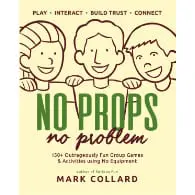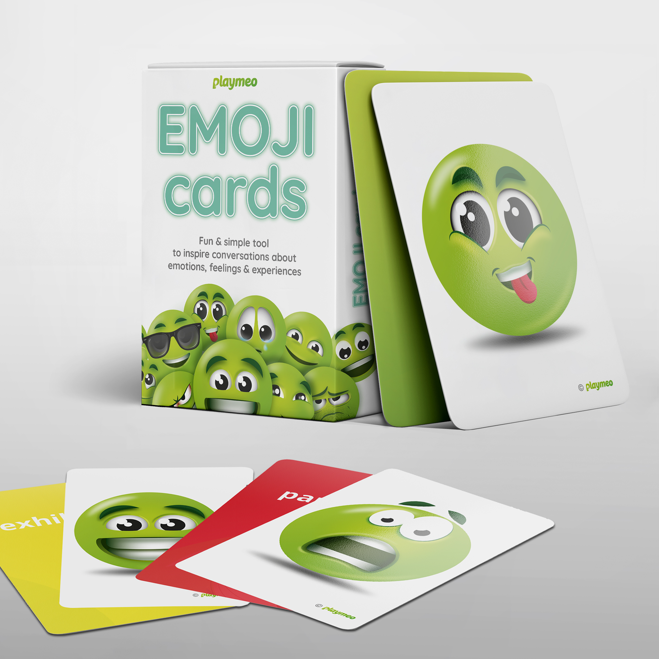20+ Fun & Engaging Ways to Form Random Pairs
So you’ve asked your group to pick a partner so that you can form smaller teams and… they immediately make a beeline to their best…

Last year, I was gifted an opportunity to participate in an 8-week online learning course delivered by the wonderful folks at the Institute for Experiential Learning (IFEL) The founder of the Experiential Learning Cycle (ELC,) David Kolb, was one of the trainers.
Full disclosure: I’ve been referencing David and his work with the development of the ELC throughout my career, so I admit there were a few fan-boy moments during the course 🙂
Anyways, as you could imagine, there were many nuggets of wisdom I gleaned from the course. One of the most significant was the opportunity to distinguish between knowledge about and knowledge acquired.
Both forms of knowledge are useful and valid, but only one makes a difference when it comes to performance.
In short, knowledge about is the gaining of new information, whereas knowledge acquired is the gaining of a deeper understanding or experience with the new information. Knowledge acquired is more likely to manifest in the knowledge of what it looks like, sounds like and feels like, whereas knowledge about is mostly a cognitive exercise.
A quick example.
While I have never climbed Mt Everest, I can know that the trek would be extremely difficult and require an enormous amount of energy, effort and money to make happen. This is knowledge about.
Knowledge acquired would occur when I prepare, undertake and then reflect upon my experience of ascending the tallest mountain in the world. All of the knowledge I could know about the trek would be real and felt deeply in my bones. This is knowledge acquired.
Another fun example is the task of teaching someone to swim.
No one has ever learned to swim by simply reading a book or viewing a video about how to swim. The only way to truly learn is to get wet, practice and acquire the knowledge of what it means to float and use your arms and legs to propel yourself through the water.
Clearly, knowledge acquired is more impactful than simply gaining knowledge about.
When applied to the facilitation of group games & activities, this makes sense, too.
Last week I led an intensive challenge ropes course training workshop with a group of youth leaders. Through their direct, immersive experience of engaging with all of the workshop activities, they gained a significant advantage over anyone who simply learned how to run the ropes course by just reading the operating manual.
Their direct experience with each of the activities helped each of the leaders to know what it was like to engage in the activities. Knowledge acquired. So much so, that when they had the opportunity to lead the challenge course activities with a group of (real) students later in the week, they could fully understand what it looked like, sounded like and felt like to be a participant in the activities.
In all cases, the leaders felt they were more effective facilitators of the program (they led with the students) because they had shared a similar experience. For example, their language, sequencing and facilitation were informed and guided by their own experience.
Viewed from another perspective – there is no doubt that for the purposes of group development and growth, knowledge about trust and collaboration and leadership, etc, is not enough to make a difference. Inviting groups to engage with and acquire knowledge of all of these attributes is more powerful.
When I look at the list of 1K+ group games & activities I have compiled over the course of my 33+ year career, I estimate that approx 90% of them were acquired through direct experience as a participant, ie in someone else’s program.
I truly believe these immersive experiences help me lead the activities more effectively because… I have been there. I have acquired firsthand knowledge of these games & activities which has soaked into my very being, they are not just a theoretical concept.
This is also true for the groups we lead.
Do you stand there and dictate what a group should have learned from the activity (knowledge about) or… do you facilitate in a way that invites your group to acquire the very knowledge you speak of?
Are you talking about trust in a theoretical manner, or are you able to lead your group in a discussion in which they can experience what it means to trust and be trusted and what they look, sound and feel like?
This is the essence of experiential learning.
Remember, there is nothing you have learned that was not learned through reflection. And when learning is embodied on the basis of knowledge acquired and not just knowledge about, the growth, learning and development that one may experience can be expected to be significantly more powerful.
I’m sure you will agree, this is what we (educators) want for all of our participants.

Best-selling book featuring 150+ fun group games & activities. Scan QR codes to access digital content including videos.

Brand new deck of cards featuring emoji images to help you inspire conversations about emotions, feelings & experiences.
Download our free 28-page ebook jam-packed with outrageously fun activity ideas.
Just one more question:
Share this with friends and colleagues.
We offer a range of membership plans with no surprises.
Click an option below & discover our simple pricing.

Click here if you’re a:

Click here if you represent a:
Explore plans for
10, 50, 200 or more
potential users
Mark, so glad to hear that the EL Certificate program was a gift that keeps on giving. :). Thanks for the reminder of the need for both kinds of knowledge!
Wow wow wow! My brain is kind of blowing up right now. I’m going to frame my next program in this manner knowledge about what makes an effective team versus knowledge acquired about effective teamwork. I think this is so brilliant. The swimming metaphor work perfectly for me as well. Thank you Mark can’t wait to try it out
Awesomeness Jan, thanks for commenting. You can also equate this concept with health & fitness. All of us ‘know about’ how to keep fit and healthy, but this is not the same as ‘knowledge acquired’ and applied to BE fit and healthy.
Yes! The health example works well.
I did use this with my group! It worked very well to elicit meaningful comments and observations. Thank you!